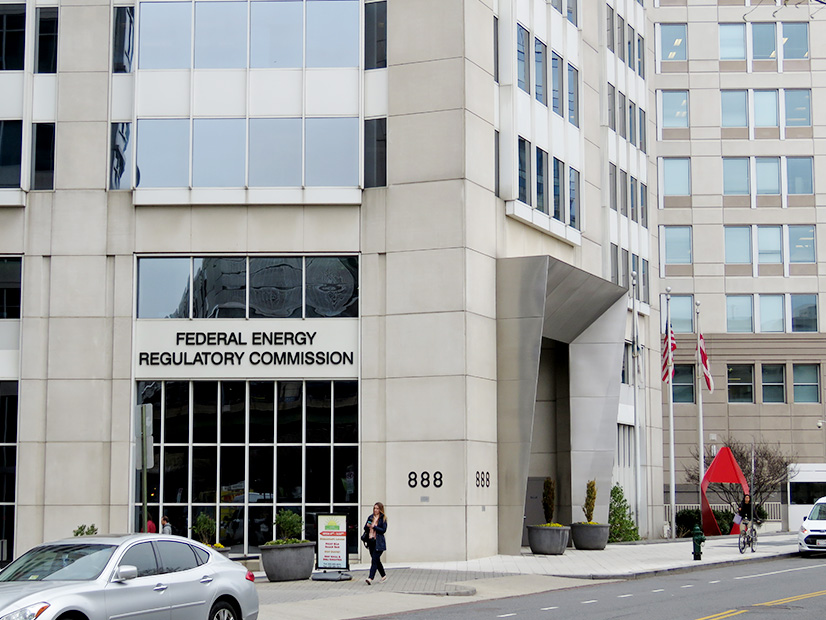FERC on Jan. 28 accepted NYISO’s proposed tariff revisions that were submitted as part of the Demand Curve Reset, including setting a two-hour lithium-ion battery energy storage system (BESS) as the proxy peaking plant for use in determining the curve for the next four years (ER25-596).
In doing so, the commission dismissed protests from the Independent Power Producers of New York, the Market Monitoring Unit, the Electric Power Supply Association and Ravenswood Operations, among others, finding that NYISO and its consultants had identified the lowest-cost option for a hypothetical peaker plant.
The DCR is a quadrennial process that examines the cost of new entry for a hypothetical peaking plant and the likely revenue the plant would earn from participating in the capacity market. The difference between the likely cost and likely revenue illustrates what the hypothetical plant would need to earn from the capacity market to support market entry.
The latest reset was contentious, frequently driving meetings of the Installed Capacity Working Group past their allotted times with stakeholder discussion, feedback and arguments.
Some of these arguments continued in the FERC filing process with opponents’ protests. IPPNY and the MMU told FERC the two-hour BESS was ill considered from a capacity accreditation factor perspective in that such units would experience price volatility. IPPNY and EPSA asserted that NYISO did not account for the financial risks adequately in BESS development. And IPPNY, the MMU and Ravenswood argued that two-hour BESS units were unable to meet transmission security needs.
FERC rejected these arguments, finding many of them to be speculative and that NYISO’s proposed cost of equity and debt for a BESS peaker was “justified.”
“Based on the record before us, we disagree with protesters that the two-hour BESS technology option will not provide adequate price signals to support the construction of new resources, and the retention of existing resources, to maintain NYISO’s system reliability,” FERC said. “For example, [the New York Transmission Owners’] analysis suggests that capacity costs could increase by 37% due to NYISO’s selection of the two-hour BESS.”
The commission also found that arguments about transmission security were “misplaced,” as NYISO’s service tariff does not require the ISO to consider a peaking plants contribution to transmission security.
“Moreover, NYISO states that it has commenced a multiyear collaborative process with its stakeholders to evaluate potential enhancements to its current capacity market to value resource contributions to transmission security,” it said. “We believe that the separate stakeholder process is the appropriate forum to address any potential transmission security concerns.”




